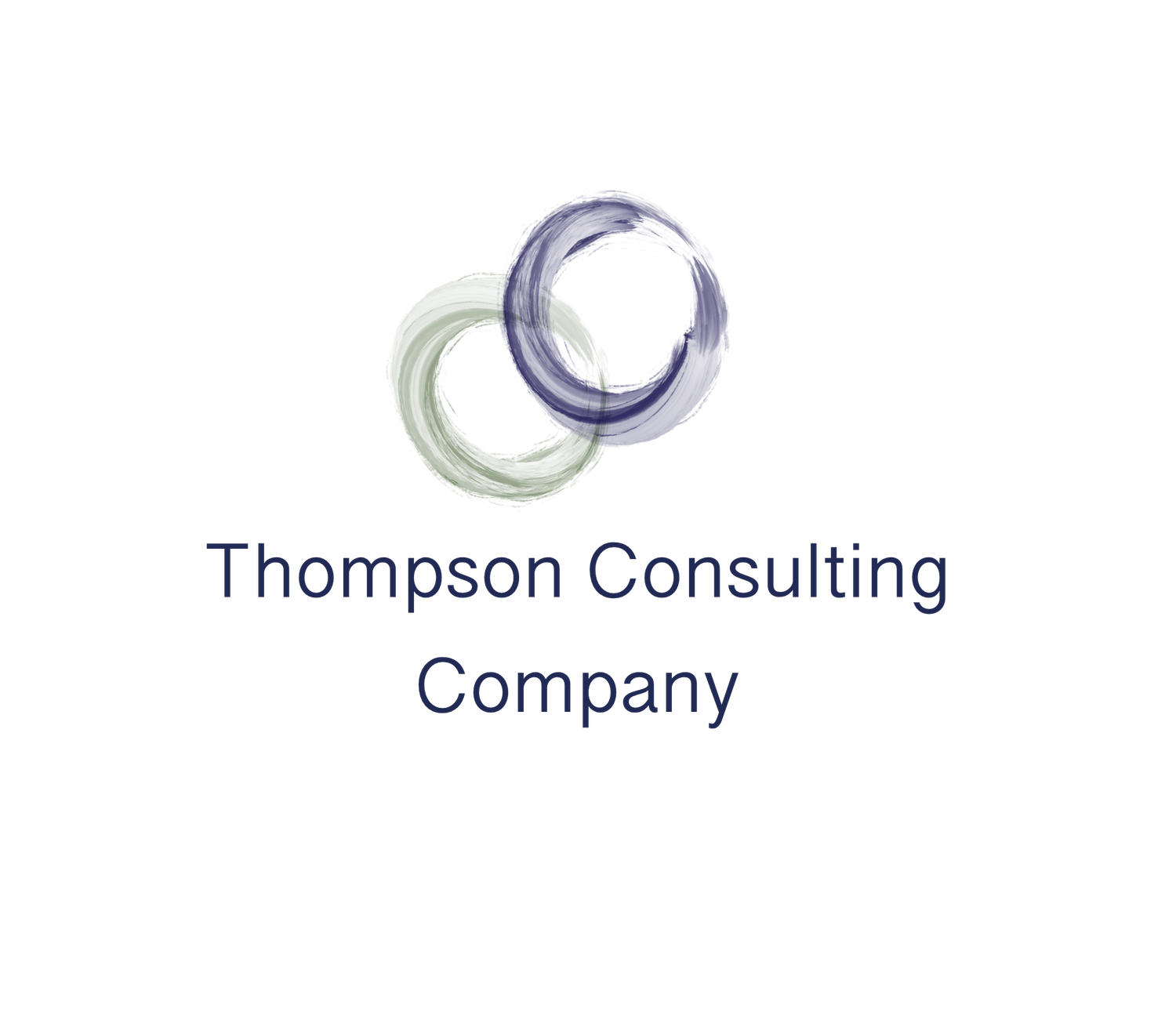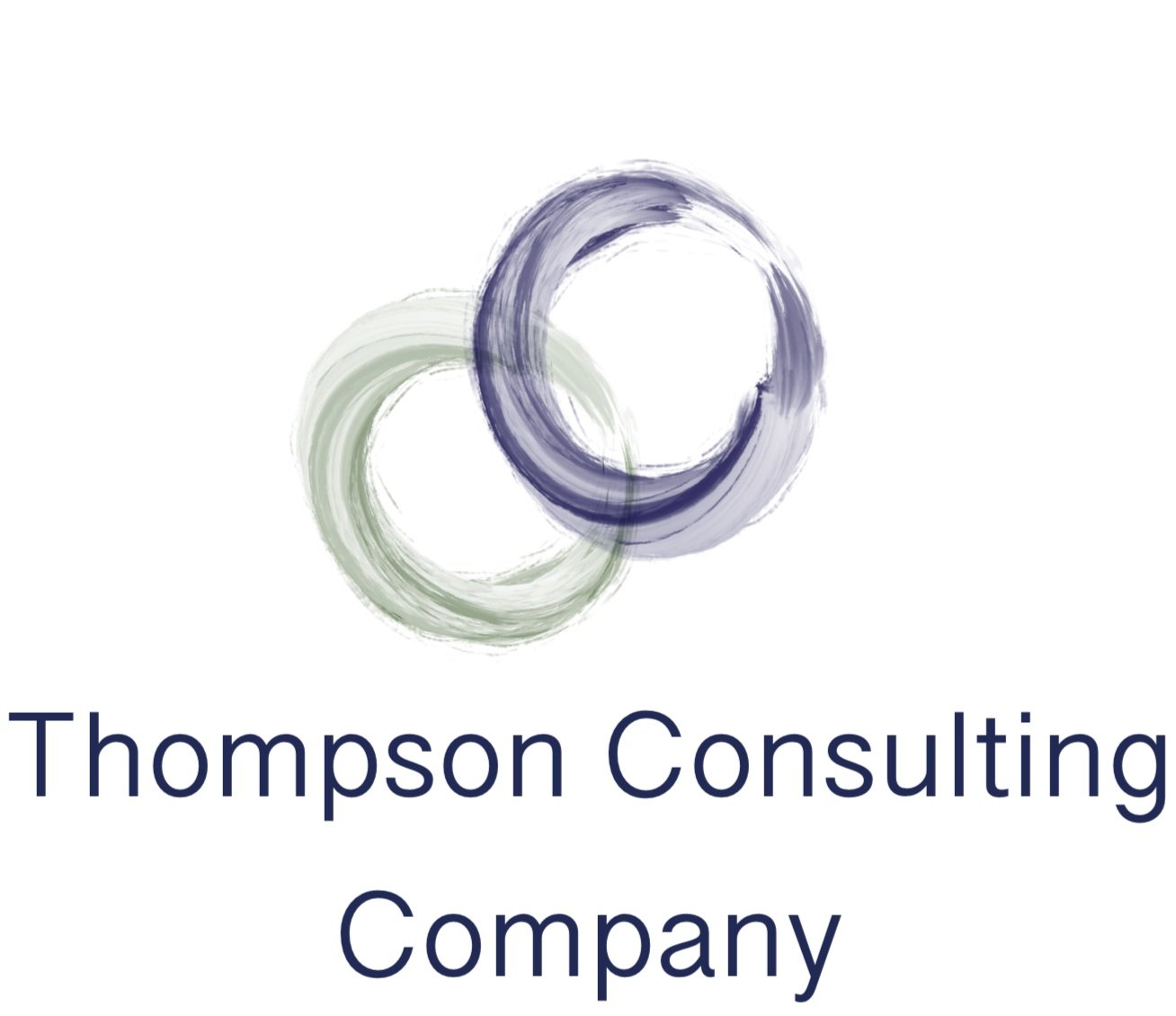Winning Is Everything
“Winning isn’t everything.”
This is what we say when we’re on the losing end of a finite game, such as competitive sports. In finite games, rules and timelines are agreed upon by all the players. There is a beginning and an end, and clear criteria for determining the winner. When we lose this kind of game, we tell ourselves that “winning isn’t everything” partly to console ourselves (if you’ve ever noticed, winners never say this after winning).
We also say it to remind ourselves that some things are more important than winning.
The adage that “winning isn’t everything” means plenty of other things besides consolation, and most or all of these meanings could apply to both the winning and losing side in a finite game. It means that the way we win or lose matters. Did we compete with everything we had? Did we win in an ethical way that we can be proud or after the fact? Did we collaborate and work together? Were we creative? Did we treat our opponent in a way that reflects our values and who we are trying to be? Did we compete to win at the expense of more important things? “Winning isn’t everything” means that winning or losing finite games doesn’t define your value or worth as a person outside of the game.
But in an infinite game, winning is everything, because the goal isn’t to defeat an opponent. It’s to stay in the game for as long as possible.
In an infinite game, there are no winners. There is no consensus on what the rules are, and the rules change often and without notice. New players can join the game at any time, and players will also exit the game. Players within the game rise and fall in prominence. At their core, infinite games are about continuing to exist, and to do so in a way that feels worth it.
Elections alone may be finite games, but politics as a whole looks more like an infinite game. Ideologies rise and fall, and sometimes rise again. Political parties gain and lose power. Laws are made and changed. The rules and acceptable methods of engagement change.
Business is an infinite game. No one ever wins business. You may do better than your competitors, and even drive some of them out of the game entirely. But then what? I don’t know of any businesses that did great, crushed the competition, and then said “All right, we won. We did what we came to do. Now shut it all down.” The game goes on. Businesses learn, grow and innovate. Or they become stagnant and complacent and are eventually overtaken by new players.
Life itself is an infinite game. It’s not because it goes on forever. Regardless of what each of us believes about what happens when we die, we all generally agree that the particular life we’re living will end. Life is an infinite game because the goal is to keep playing as long as possible, and to play in a way that feels worth it.
That’s all we really want. We want to keep playing, and while the ups and downs are expected and necessary, we hope that in the end, the experience we’ve had was meaningful and worthwhile.
The most important thing in life is that we all get to keep playing. It’s not just for the people who are already here, but the people who are yet to join the game. I want my kids to get to play. If you have kids, I want them to get to play. And I don’t want us to just keep playing. I want the game to be good.
Good doesn’t mean easy. A good game is one where you got to experience things that were meaningful, some of which were peaceful and pleasant, and others which were painful and difficult. A good game is one where you got to grow. A good game is one where you got to play with people who cared about you winning just as much as they cared about winning for themselves.
The way public and private organizations operate in the future will decide both how long we collectively stay in the game and the quality of the game. It starts with how leaders and organizations operate internally, and the kind of culture they create. Seth Godin said it well when he said that culture means “People like us do things like this.” And what will people like us do in the future?
If we’re going to play, let’s play so we all win as much as we can, in the true sense of an infinite game.
When I work with organizations, playing long and playing well for your organization, your people, and for the future of the game is at the heart of what I do. It doesn’t matter as much exactly what kind of work we’re doing. The goal will be to help the players stay in the game for as long as they can for an experience that is worthy of their time, energy, and engagement.

